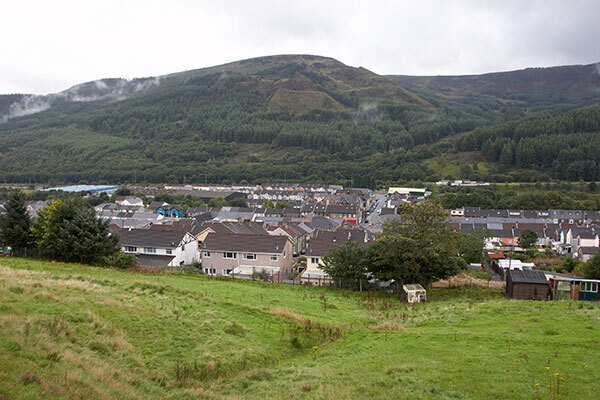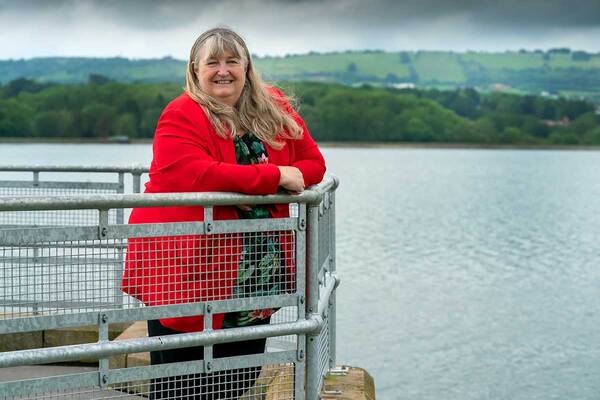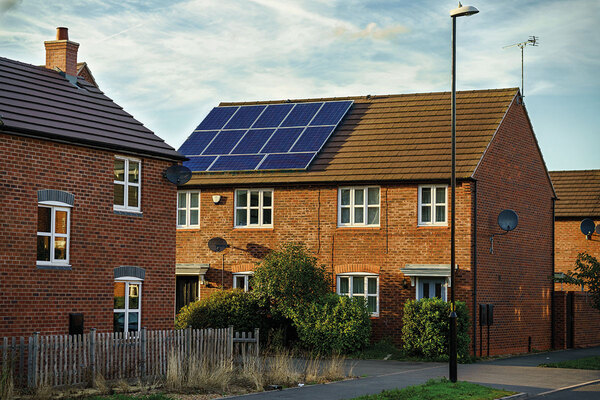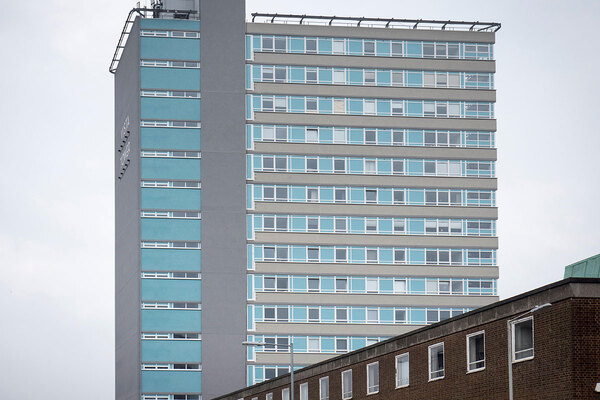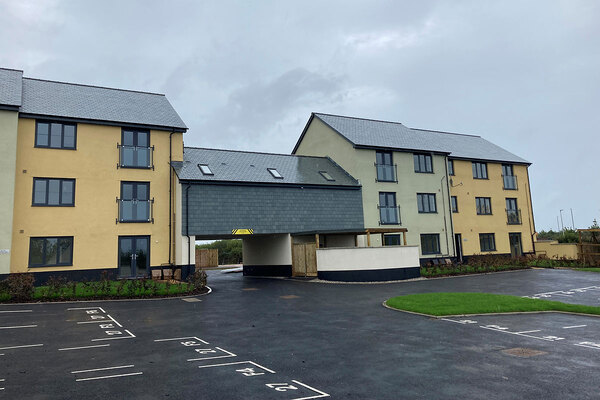Boiler ban won’t impact development plans, say Welsh housing associations
A newly introduced ban on installing gas boilers in new-build social housing will not affect the number of homes being developed, despite some uncertainty around supply chains, housing associations said.
A number of social landlords in Wales have told Inside Housing they do not intend to alter their development ambitions in response to the new regulations this month, as the additional cost of building is being offset by Welsh government grant.
As of this month, all grant-funded affordable schemes yet to go through the Welsh government’s technical scrutiny process will no longer be permitted to use fossil fuel systems for heating or hot water.
For many social housing schemes, this will require a transition to using electric heat pumps, as well as ensuring homes are highly insulated in order to keep the cost of running heat pumps low.
Daniel Parry, development director at 6,300-home Adra, said the organisation made a decision to stop installing gas boilers in new-builds 12 to 18 months ago.
Despite it costing them roughly £8,000 more per property to use heat pumps, Mr Parry said Adra has increased its development target from 1,200 homes to 1,400 homes by 2025, due to the increased amount of government grant available.
In 2021/22 the Welsh government allocated £250m to its Social Housing Grant programme, a 53% increase on the previous year’s funding.
A new grant scheme has also been introduced under which variable grant rates are awarded to individual schemes based on viability, rather than grant being allocated on a fixed-rate basis.
Andrew Carbis, project manager at 17,500-home Pobl, also said his organisation has not had to alter development targets in response to the new regulations, despite increased costs.
Craig Sparrow, executive director of development at 6,000-home Clwyd-Alyn, said the majority of schemes that the housing association is developing are already non-gas.
He said other difficulties facing development teams, such as supply shortages and planning delays, were currently more challenging than the transition away from fossil fuels.
Wales is the first county in the UK to ban the use of gas boilers in new-build social housing, with the UK government planning to introduce a ban across all new housing in England from 2025.
In September, senior figures within English housing associations told the Labour Party conference they did not believe the ban should be brought forward to 2023, as “the infrastructure isn’t there” to support it.
Mr Sparrow said Clwyd-Alyn has not yet experienced many delays in the supply chain, but said this may change “as soon as everybody wants” the technology.
“I think a supply chain issue for us in the future might be the supply of people able to maintain them,” he added.
Mr Parry said there has been “a bit of a lag in the supply chain”, but added that he is starting to be approached by various suppliers offering their products and services.
Adra has partnered with a local college and social enterprises to create a decarbonisation hub that will provide training on low-carbon technologies.
Mr Carbis said Pobl is working on one project that has been delayed due to “renewable technologies” such as UV chargers, but added that they have generally been able to source the products needed.
“Now the legislation’s changed it will be interesting to see if there will be supply issues with supply chains and whether or not they can actually meet that demand,” he said.
Last week the Welsh government launched its Net Zero Wales plan that includes the target that all social homes must meet a minimum standard of energy performance certificate (EPC) band A by 2033.
It also reiterated the government’s ambition to build 20,000 “low-carbon” affordable homes by the end of this parliament.
Sign up for our Wales newsletter
New to Inside Housing? Click here to register and receive our Wales round-up straight to your inbox
Already have an account? Click here to manage your newsletters

